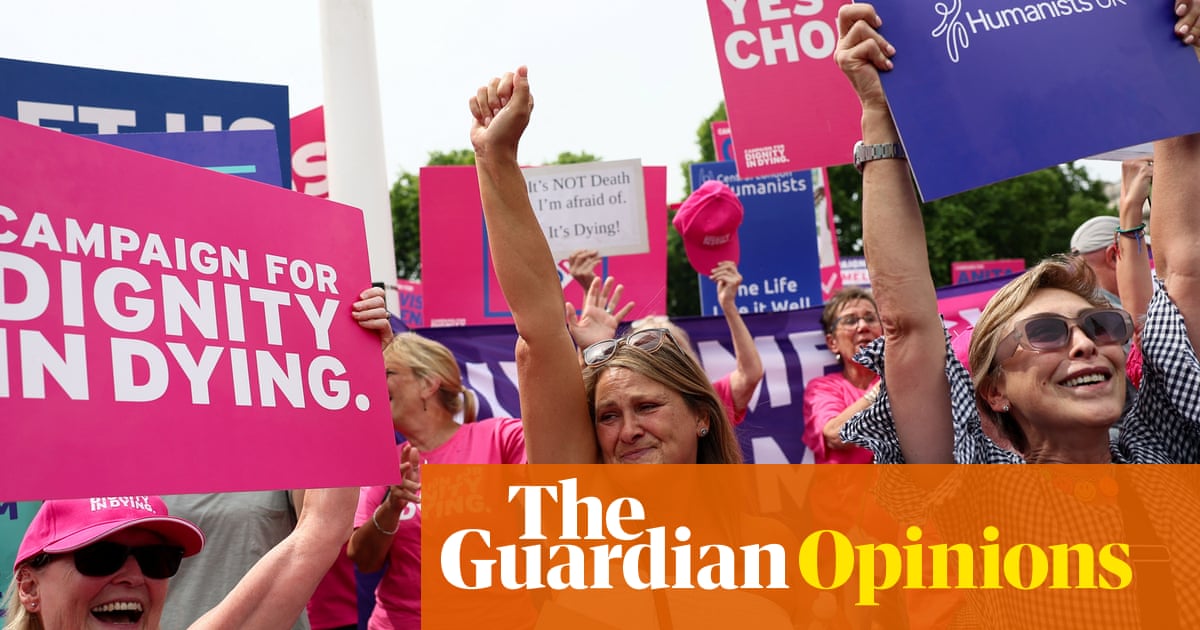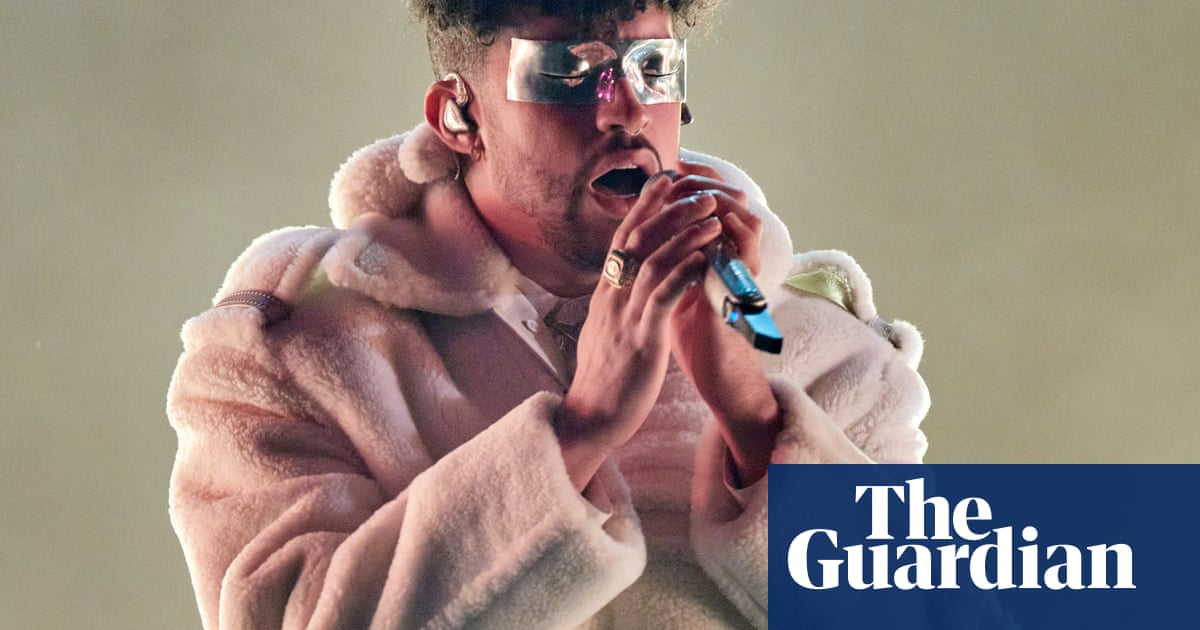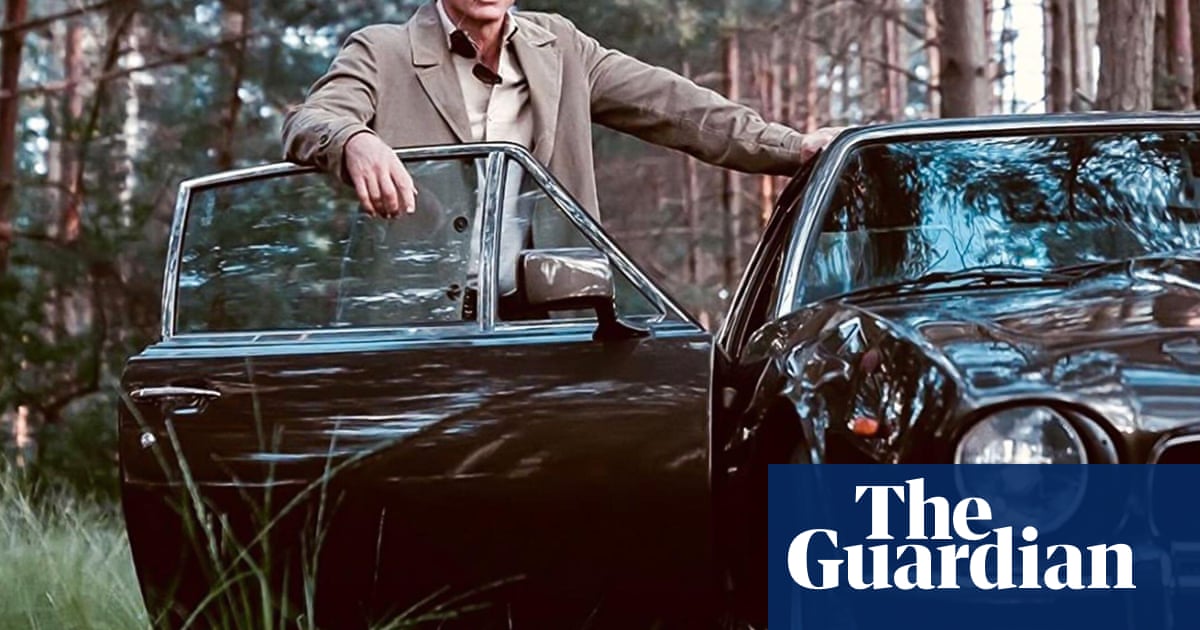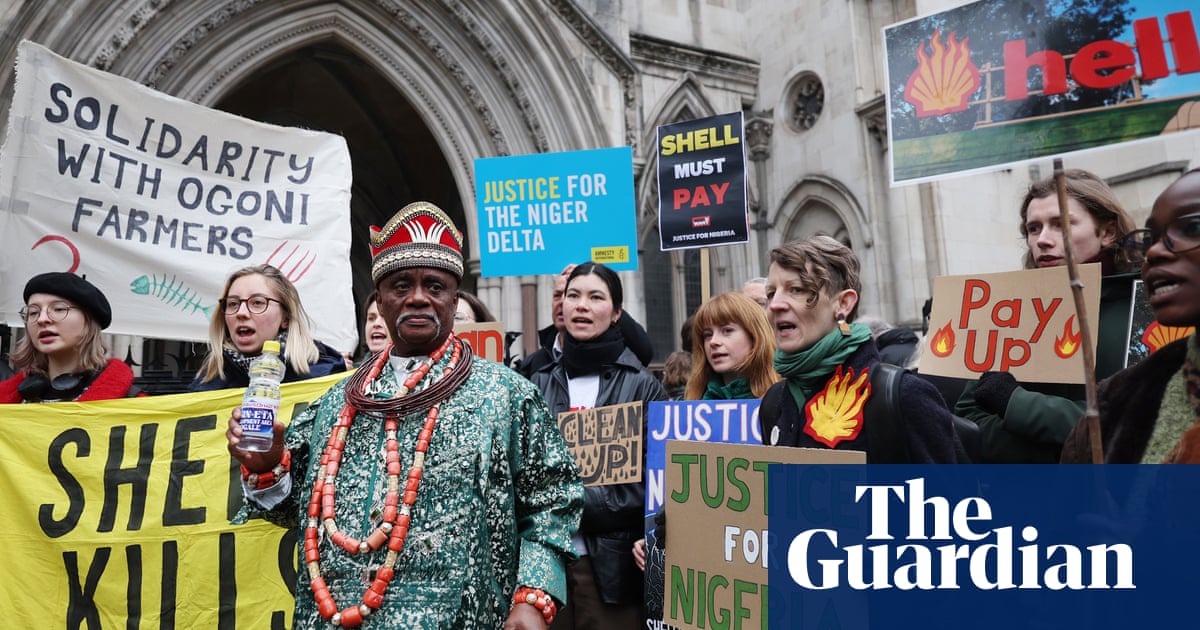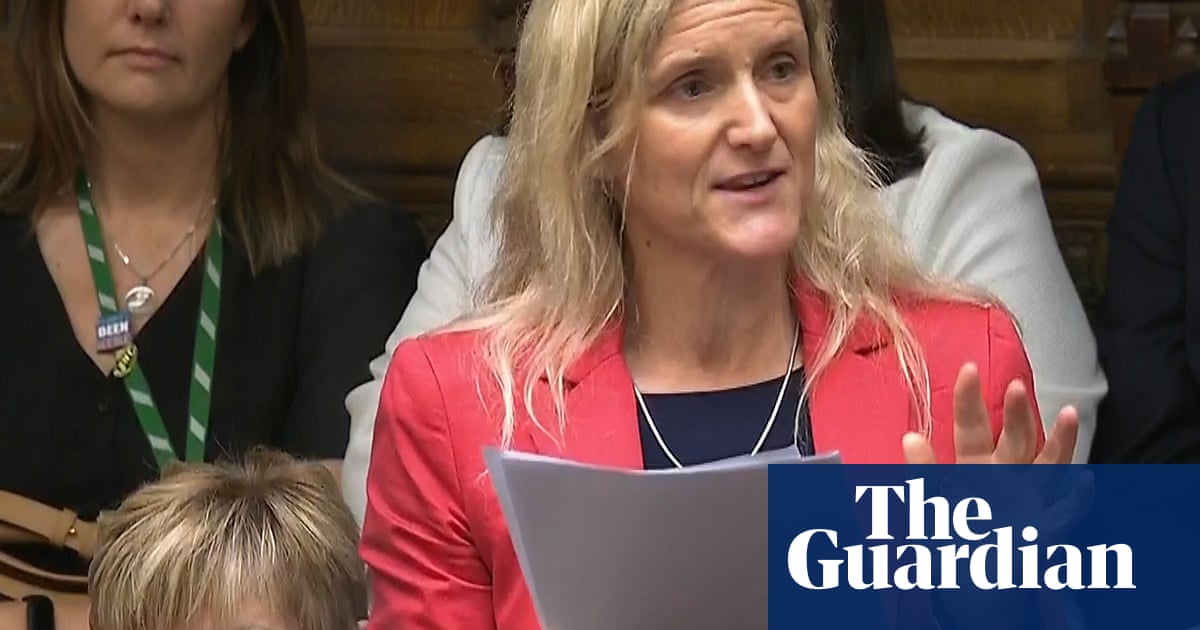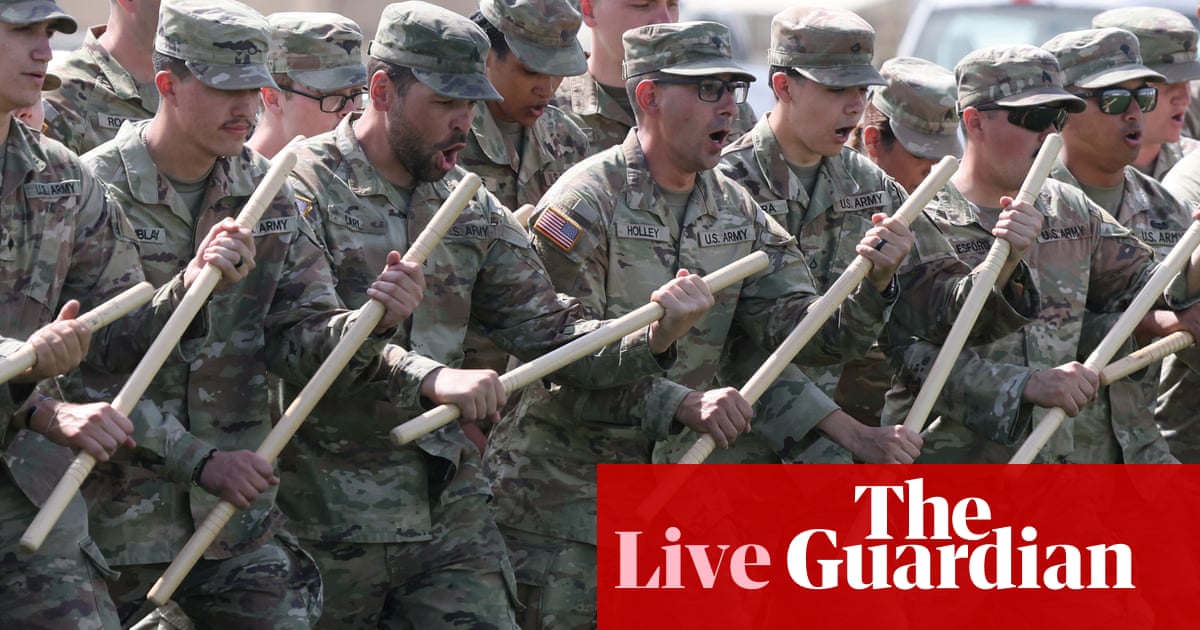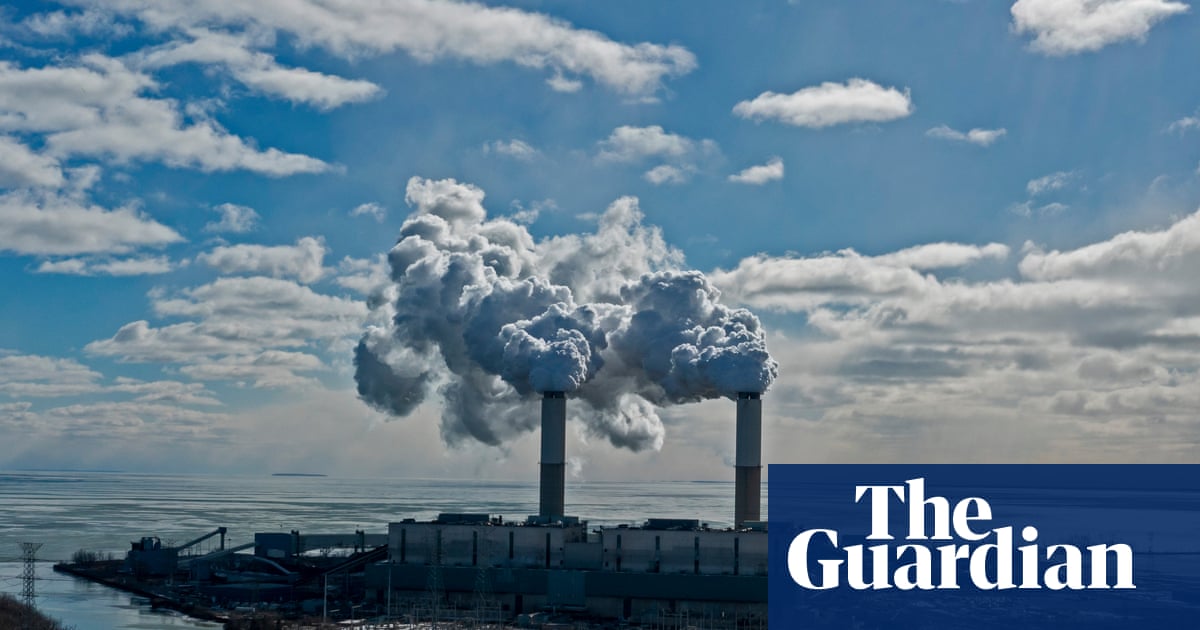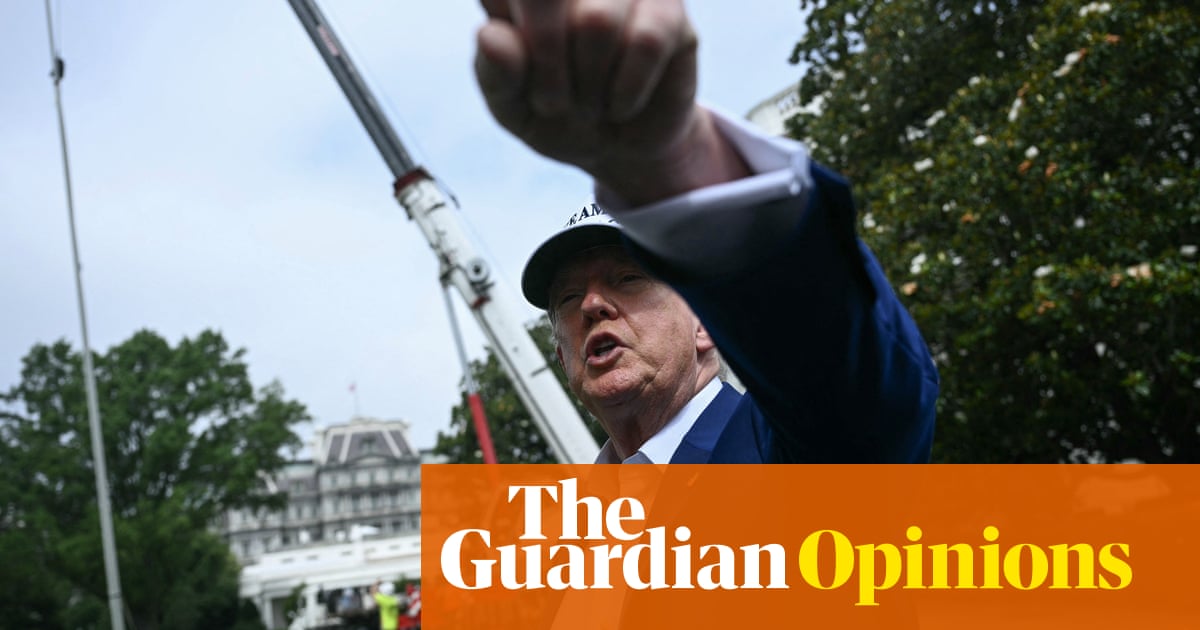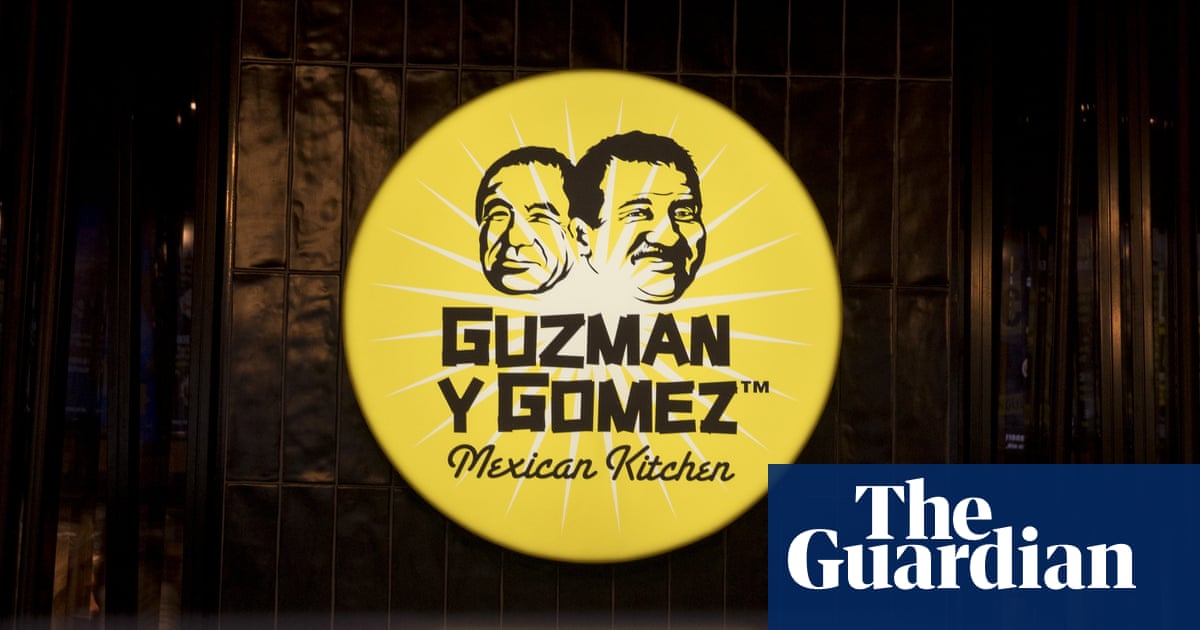Who would win in a fight between LeBron James and Stephen A Smith is a question only Stephen A Smith would think to ask. There has been little avoiding the question since the Los Angeles Lakers superstar confronted ESPN’s No 1 personality during a recent game against the New York Knicks. The player was venting his displeasure at Smith for his pointed comments about James’s eldest son, and Lakers teammate, Bronny – the 55th pick in last year’s NBA draft.
James approached Smith, a courtside spectator for the game, and appeared to tell him to “keep my son out of this shit” – a callback to Smith questioning whether Bronny deserved to be on a league roster. Smith went on TV the next day to make clear that he wasn’t actually picking on Bronny, the player; he was really calling out LeBron as a bad father for setting a high bar for his son’s pro career. Smith would come back to this point often while making the media rounds after signing a $100m ESPN extension. That should have been the end of the argument – but then last week LeBron sat down with Pat McAfee, whose show follows Smith’s on ESPN, and dismissed Smith as an ice cream-bingeing, couch-bound fanboy.
That set the stage last Thursday for Smith to make his most unhinged ESPN appearance yet. Among other things, he bashed James for skipping the hall of fame induction ceremony for his friend and former teammate Dwyane Wade and for skipping Kobe Bryant’s funeral – claims that were made in bad faith, as it turned out. Viewers were quick to remind Smith that James had indeed attended Bryant’s funeral, and had a pretty good excuse for missing Wade’s ceremony: Bronny had just suffered a cardiac arrest. But the wildest shot by far was the 6ft 1in, 57-year-old Smith saying he “would have immediately swung on” James if the 6ft 9in, 250lb NBA forward had “put hands on me.” That was the moment when the sports world realized its narrator had made himself a main character – although Smith did at least have the good sense to admit he would have lost the fight.
Smith definitely has main character energy; he’s the ESPN omniscient who struts into the arena dressed to the nines while cameras are rolling, just like the players, and cries blasphemy! at the ideas that offend his logic. For a minimum of two hours on weekdays, the native New Yorker can be seen offering up his singular brand of hysterically provocative opinions on ESPN’s morning show, First Take. That’s when he’s not serving up cultural takes on his podcast or entertaining a run for president on The Sean Hannity Show or acting on General Hospital. It’s enough to make you wonder if Smith ever sleeps or runs out of steam.
I can’t knock Smith’s hustle. He has been starting arguments as far back as the late-1980s, when he was a scholarship basketball player at Winston-Salem State in North Carolina – a powerhouse historically Black College. Tim Grant, a longtime Winston-Salem hoops assistant, remembers dividing the team between two vans for one far-flung away game, and his boss – the legendary coach Clarence “Big House” Gaines – picking Smith to ride with him in the one that didn’t have a functioning radio. (“He’ll talk all the way to Memphis,” Gaines quipped.) While writing for the college paper after his playing career was cut short by a freak knee injury, Smith called for Gaines – who trailed only Kentucky’s Adolph Rupp on the NCAA’s all-time wins list – to retire. “But then my dad helped him get his first gig at the Greensboro News & Record, a newspaper,” says Clarence Gaines Jr, a respected former NBA scout.
Within six years Smith was on the Philadelphia 76ers beat covering Allen Iverson – a close relationship that set the stage for his rise. He broke through at ESPN in 2005 as a talkshow host and NBA analyst, only to wind up out of a job four years later when he and the network couldn’t agree on a new contract. He’d spend the next two years in TV wilderness – on CNN one minute weighing in on the government intervention in Wall Street pay practices, on ABC the next playing a bit part as a fixer on America’s longest-running soap – before ESPN brought him back as a debate partner for Skip Bayless, another columnist who became a TV blowhard.
With Bayless, Smith turned the network from a journalism paragon that once penalized on-air personalities for expressing their political views to the wanton clickbait farm where Smith now measures himself against McAfee – the ex-NFL punter turned $85m show pony who has filled ESPN with frat house energy. Sadly, that includes amplifying dismal rumors about a teenage college student. Still: even within the mad scramble of the sports media hunger games, there’s something surreal in seeing Smith – an NBA booster for a TV rights holder – get sucked into a slanging match with the biggest name in the sport. In response to Smith’s fighting words, James posted a clip of Smith creakily swinging at a boxing trainer’s padded hands.
Allow Instagram content?
This article includes content provided by Instagram. We ask for your permission before anything is loaded, as they may be using cookies and other technologies. To view this content, click 'Allow and continue'.
Smith has had many epic rants over the course of long career, but this is the first one that feels truly personal. (Some observers reckon the bad blood goes back to Smith spending years promoting Michael Jordan as the greatest basketball player of all time over James.) It also has James, the most media friendly superstar in sports since he entered the NBA in 2003, acting out of character. The egos in conflict here are unfathomably large. “I was here before he got here in 2003, and, in all likelihood I’m going to be here when he’s gone,” Smith said – as if James isn’t also a media mogul in his own right. It’s a weird flex coming from a soap opera actor, even if drama is the point.
Sport feuds tend not to break out when the athlete and the media star are both at the top of the game. Muhammad Ali and Howard Cosell never feuded publicly, but they did have plenty of on-air exchanges full of sharp words and good-natured banter – with Ali getting in the best jabs at Cosell’s hairpieces and speaking cadence. And even when Cosell did buck up and say Ali was past his prime as the champ kept on fighting into his late-30s, most saw those blows for what they were: tough love.
It used to be that if a sports journalist criticized an athlete on the record, they faced them afterward to accept the consequences – so give Smith some credit for making himself available for James’s broadside. He could have maintained the higher ground by acknowledging the audacity (to borrow Smith’s words) of the most prominent Black man in media calling another Black man who grew up fatherless a bad dad for – checks notes – raising a son who somehow managed to beat the odds and achieve his own NBA dream. Instead, Smith tripled and quadrupled down.
Besides, Bronny’s rookie struggles don’t mean he doesn’t belong in the NBA – players often take a while to find their feet. Reed Sheppard and Tidjane Salaun, who went No 3 and No 6 overall in last year’s draft, have spent time in the G-League alongside Bronny, and Smith hasn’t spent significant airtime interrogating their pro prospects. No, LeBron hooking up his kid with his job isn’t the best argument for fair play – even though LeBron has pulled that move before with his high school teammates to gangbusters effect. But the second round of the draft is kind of a crapshoot anyway. The Lakers could’ve done worse than pick Bronny over a similar caliber player who hasn’t been in their orbit for the past six years. And after Bronny’s furious run to close the G-league season, who can’t say the Lakers were justified in taking the flyer?
There’s a saying in journalism: never become the story. By beefing with James, Smith shows why his opinions shouldn’t be regarded as anything more than an exercise in making television. The longer he runs his yap, the more he ruins the games by making them all about him. Sports discourse overall is poorer for it.

 2 months ago
36
2 months ago
36
